Connect with me on Goodreads.
2025
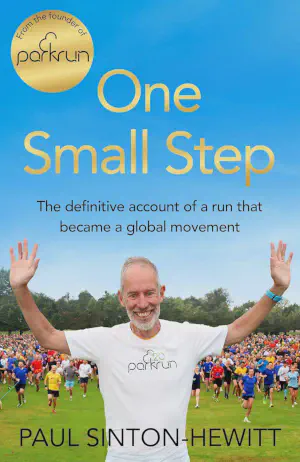
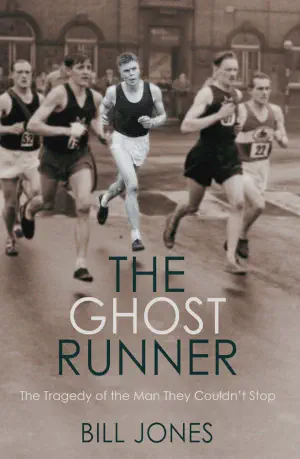

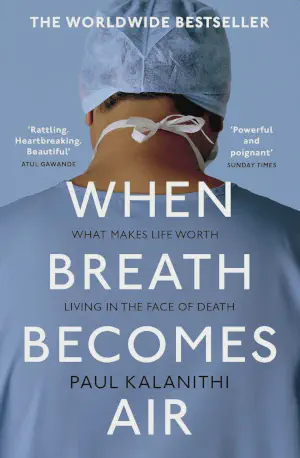
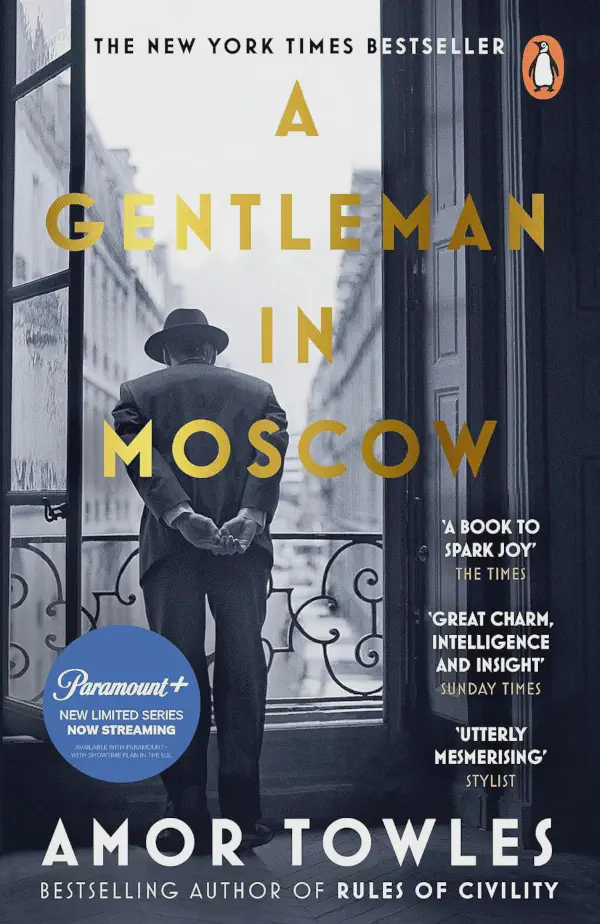
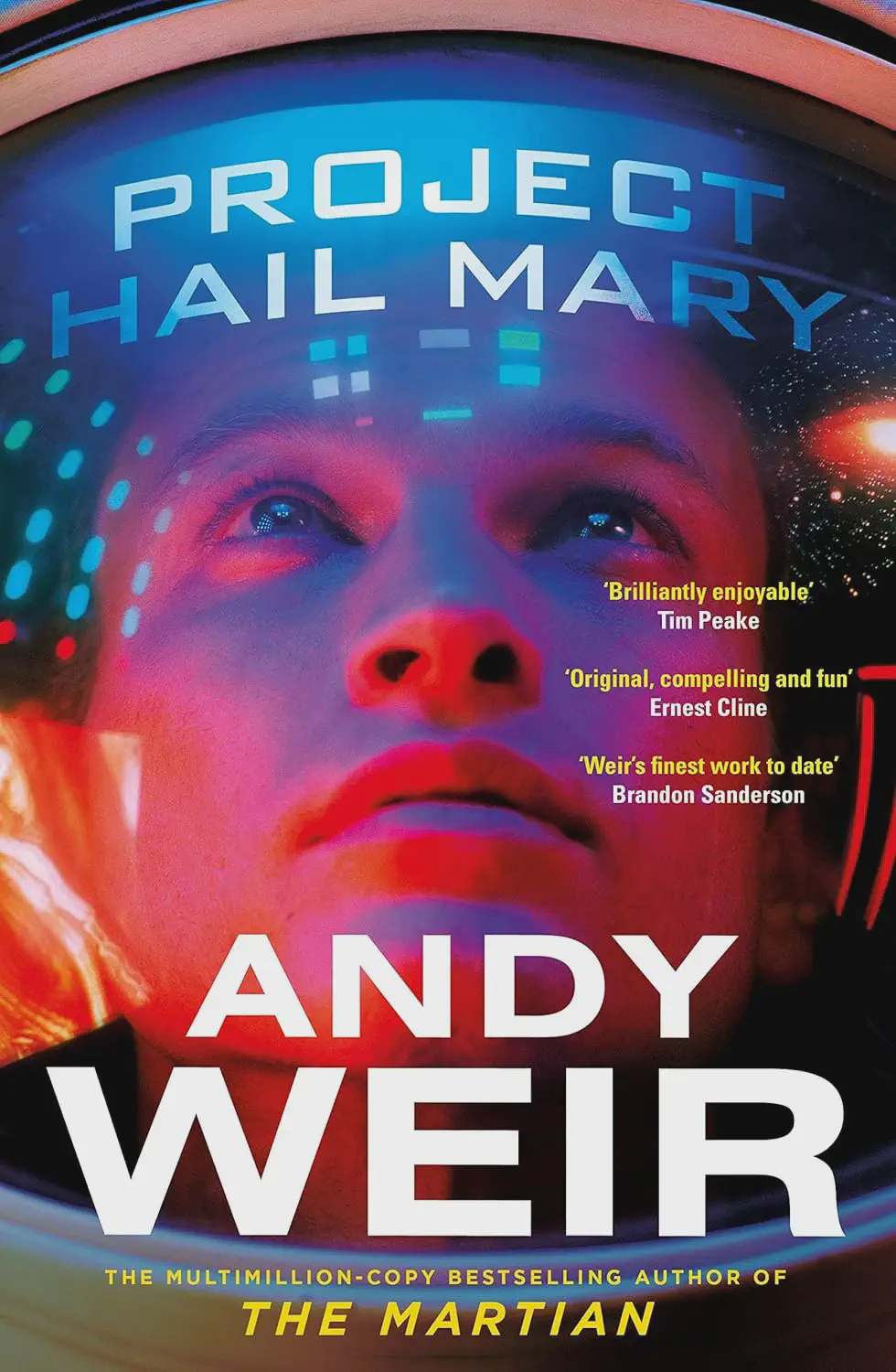

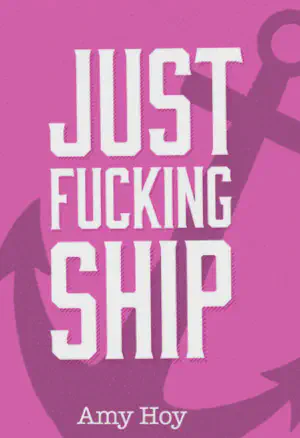
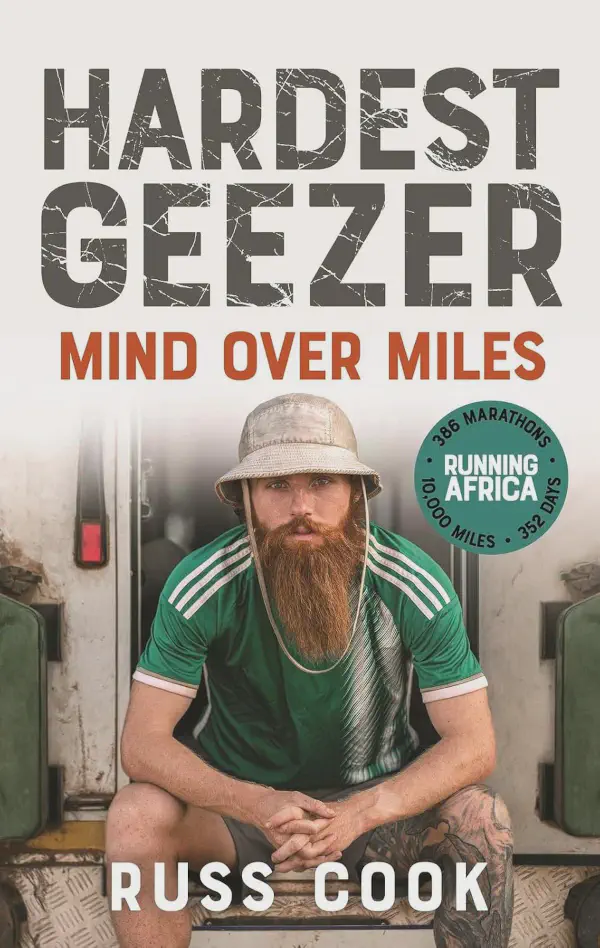
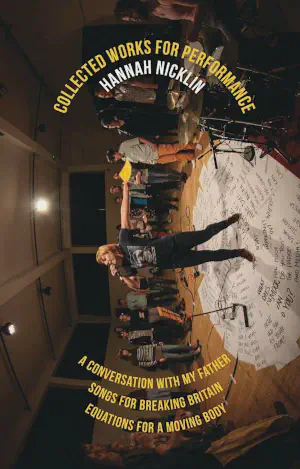
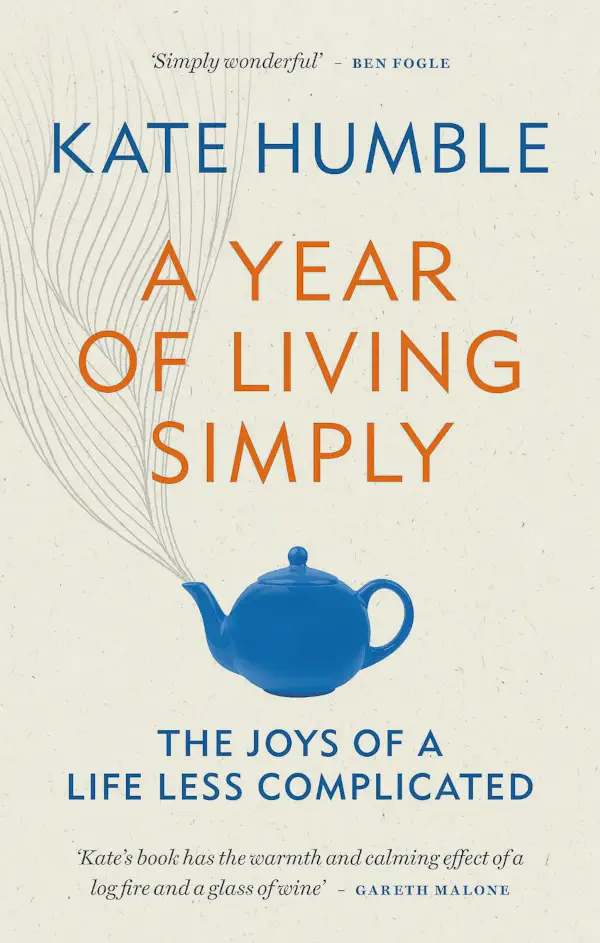

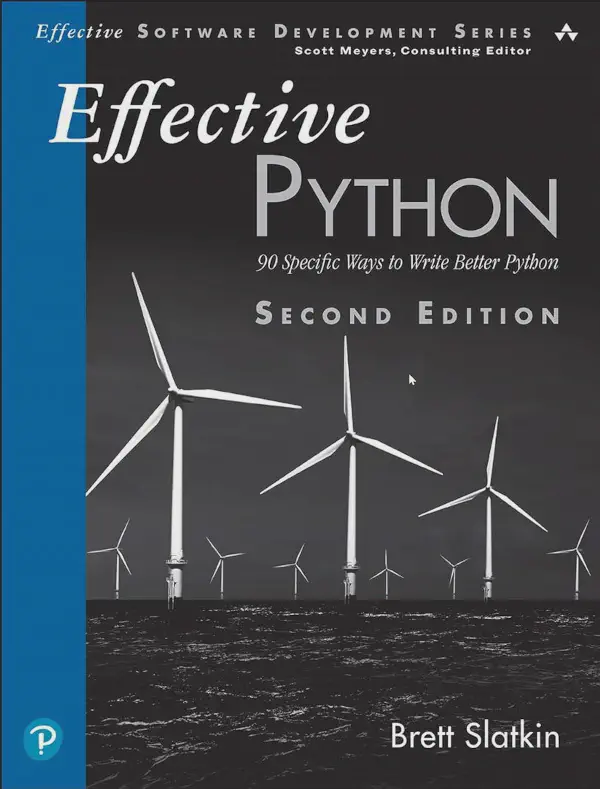
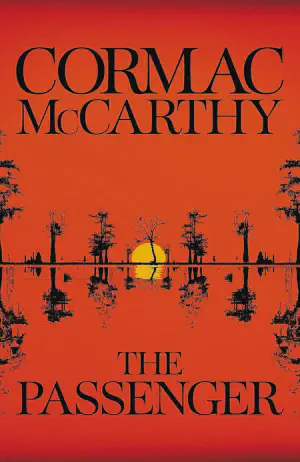
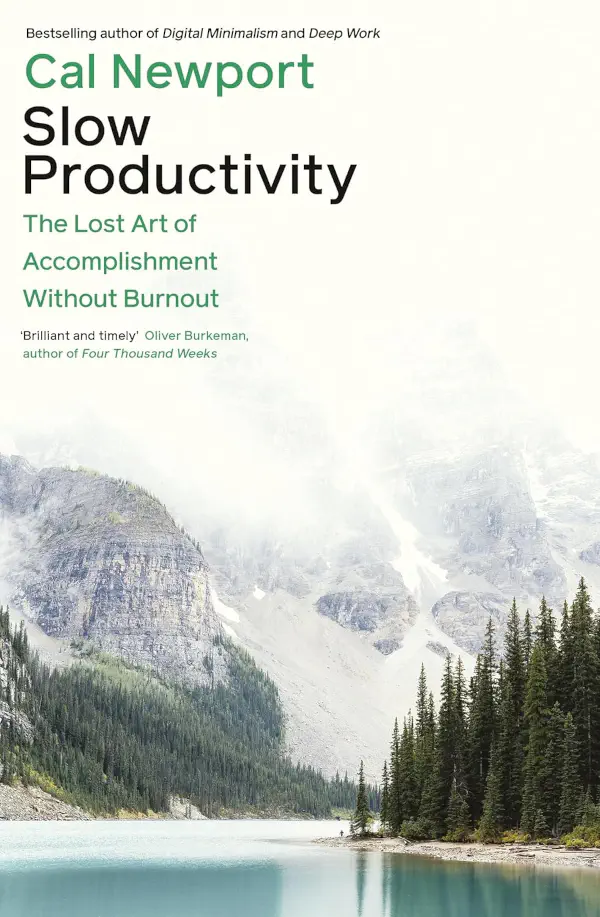

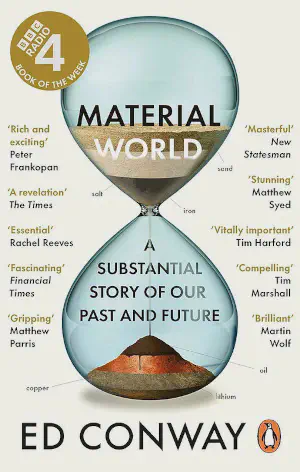
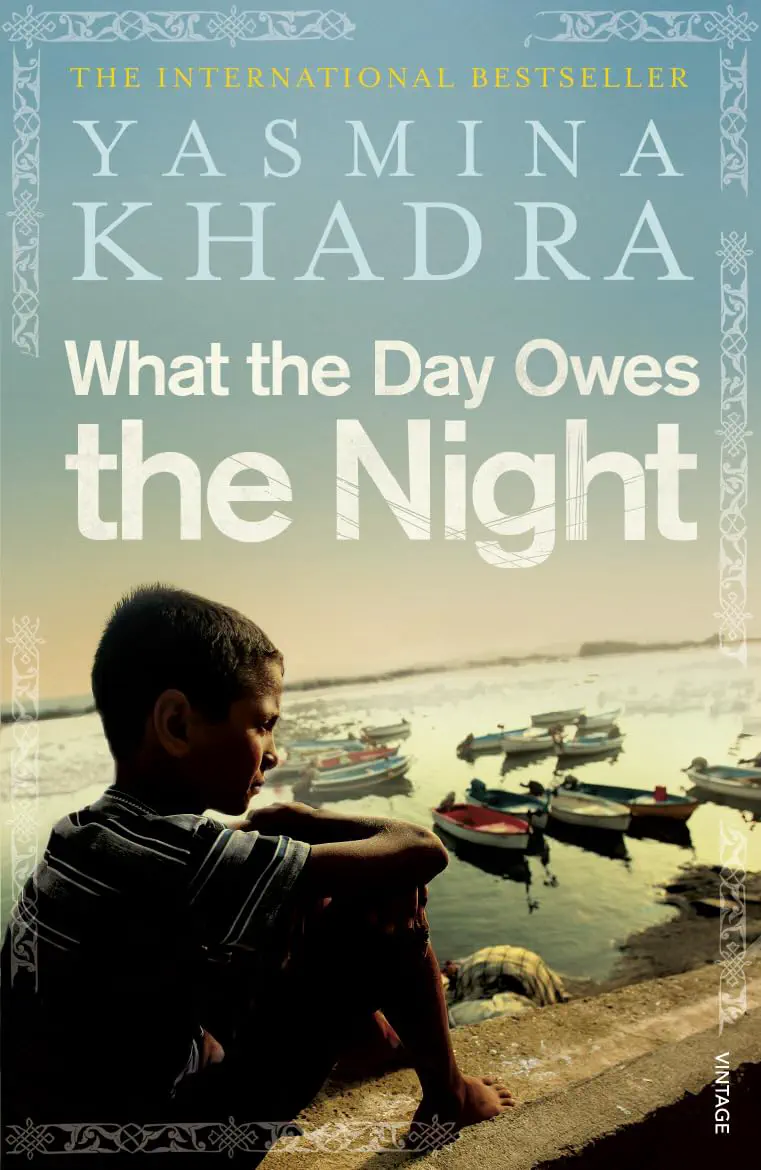
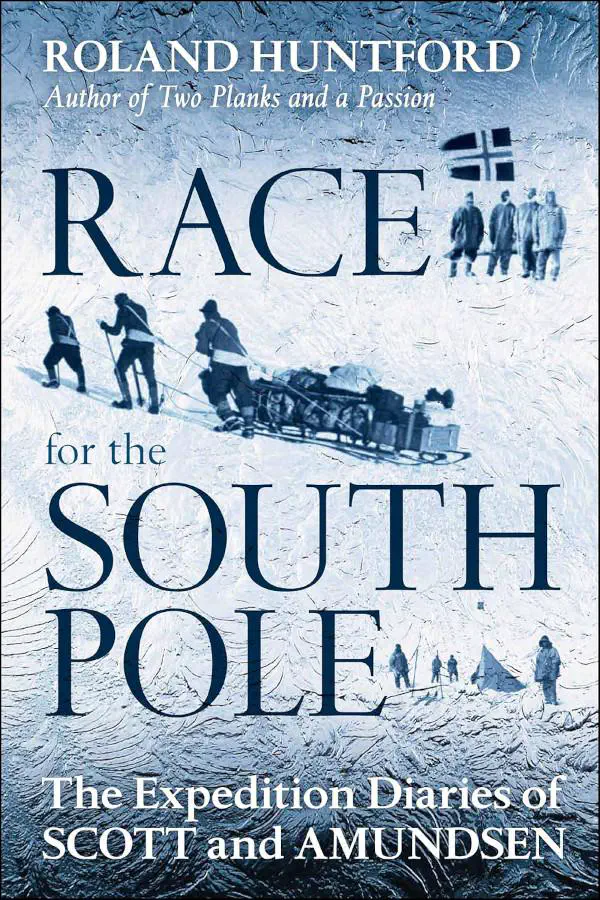
2024

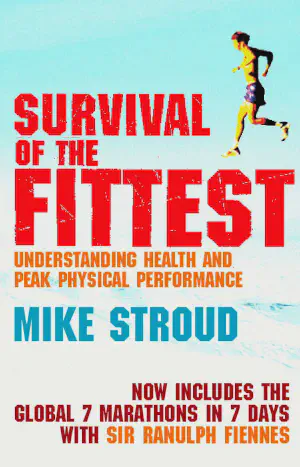
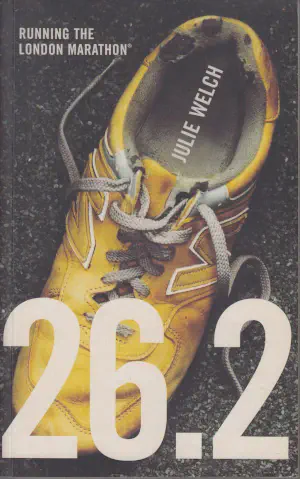
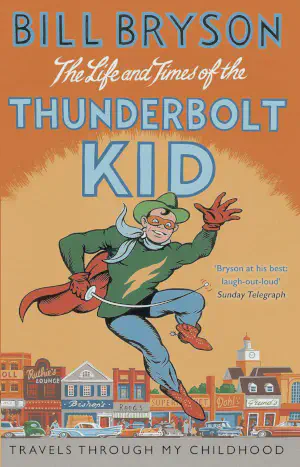
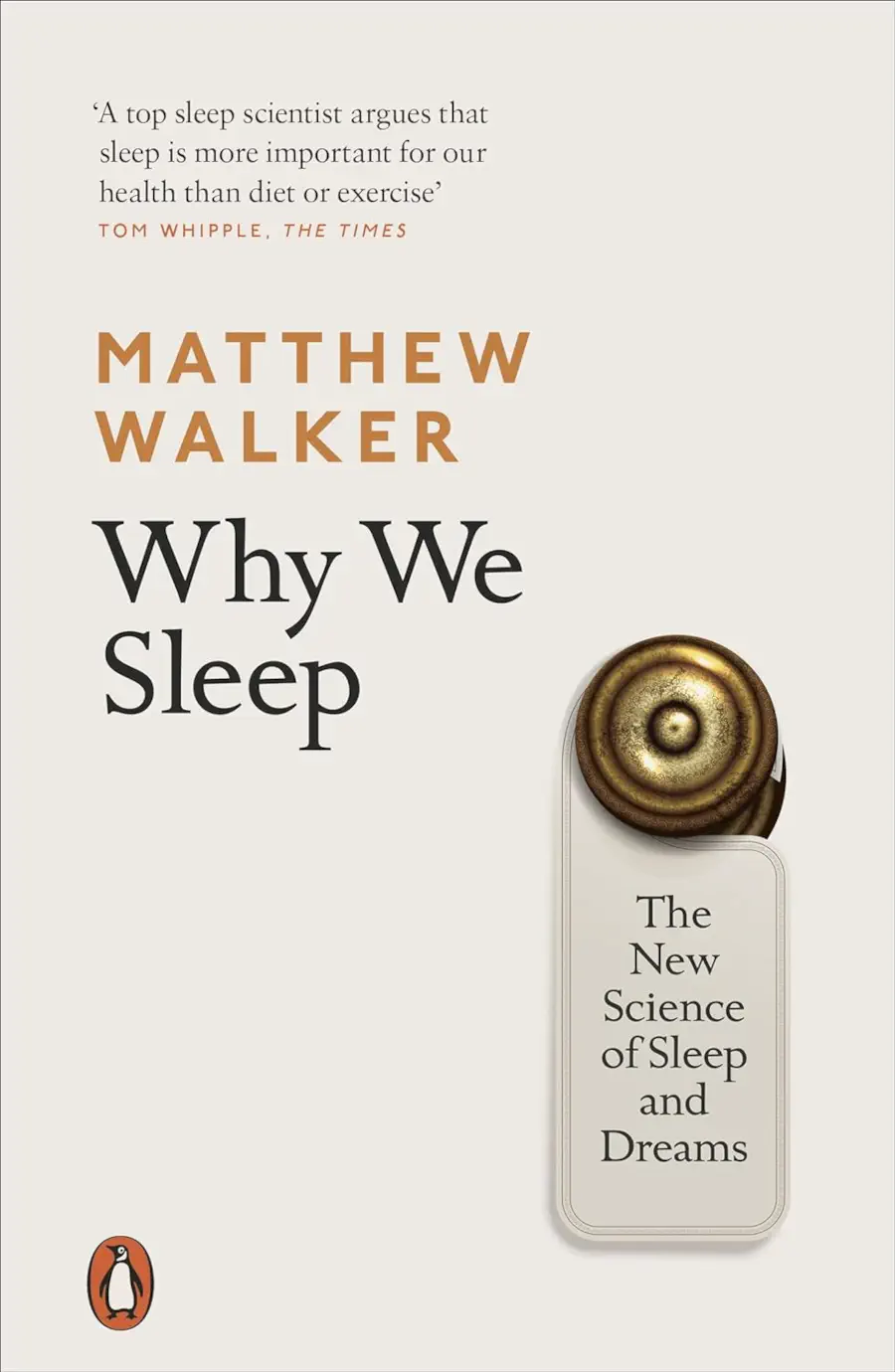
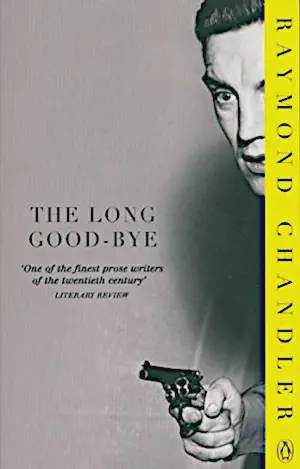
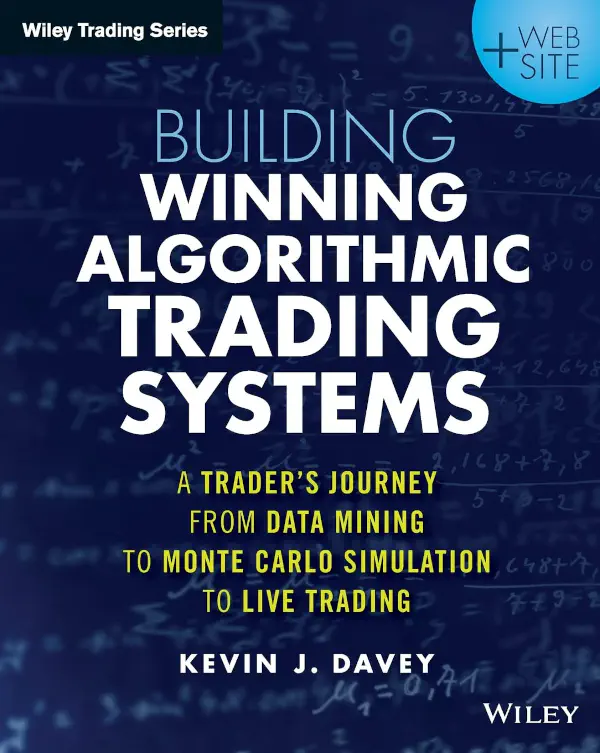
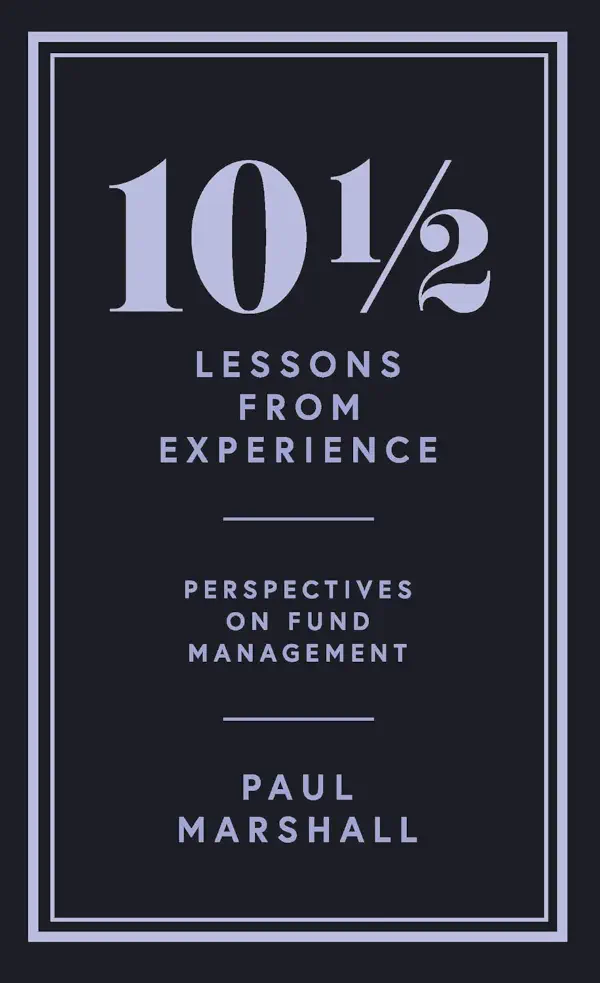
These are the lessons:
- Lesson 1: Markets are Inefficient
- Lesson 2: Humans are Irrational
- Lesson 3: Investment Skill is Measurable and Persistent
- Lesson 4: In the Short Term the Market is a Voting Machine, In the Long Term it is a Weighing Machine
- Lesson 5: Seek Change
- Lesson 6: The Best Portfolio Construction Combines Concentration with Diversification
- Lesson 7: Shorts are Different from Longs
- Lesson 8: A Machine Beats a Man, But a Man Plus a Machine Beats a Machine
- Lesson 9: Risk Management - Respect Uncertainty
- Lesson 10: Size Matters
- Lesson 10 1/2: Most Fund Management Careers End in Failure
I found the last two chapters to be the most relevant and informative, but the whole book is packed with useful and interesting content.
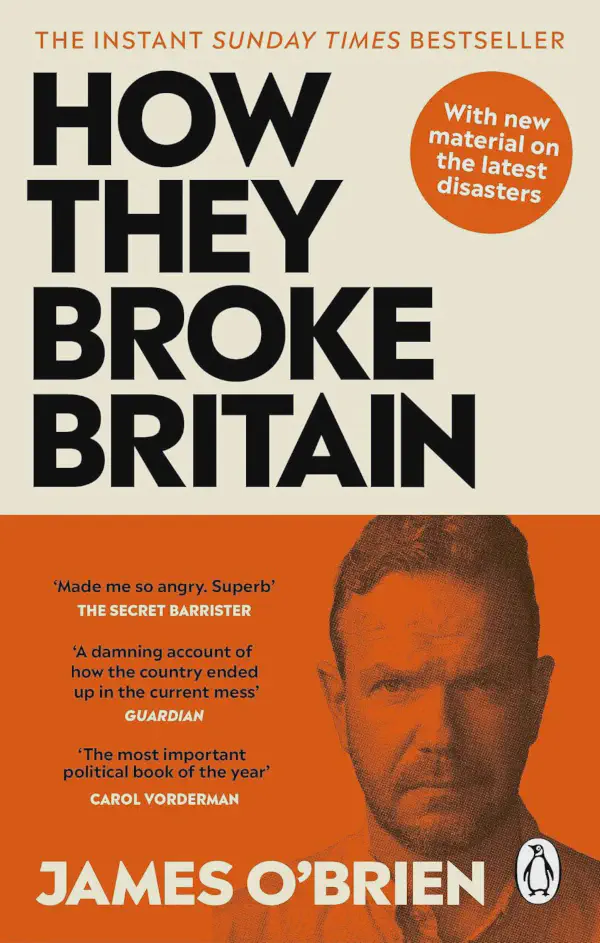
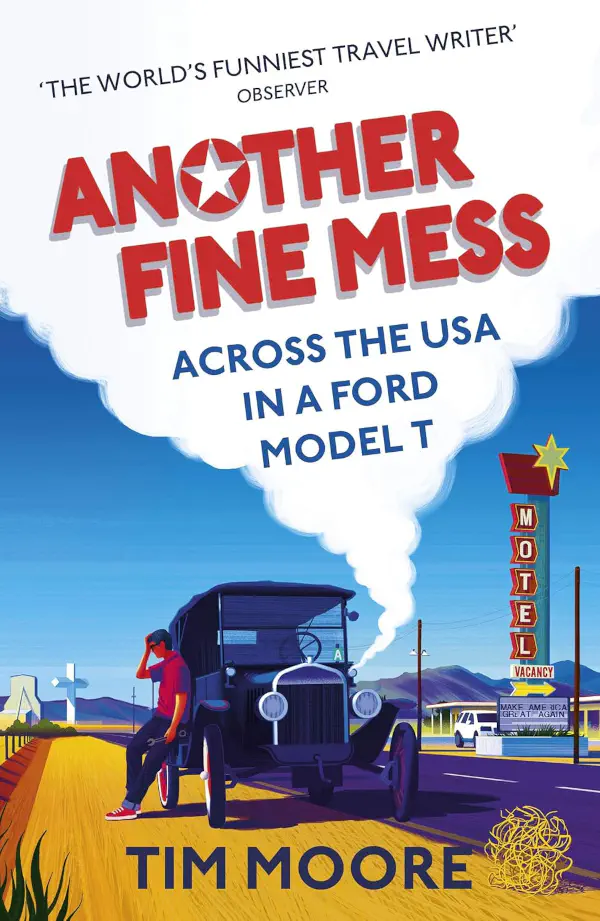
Most Americans can buy an assault rifle three years before they can buy a beer.
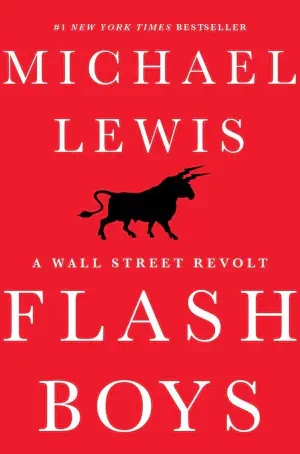
Well and wittily written, as evidenced by this quote:
They sat around the table staring at the piles of food, like a conquering army of eunuchs who had stumbled into the harem of their enemy.
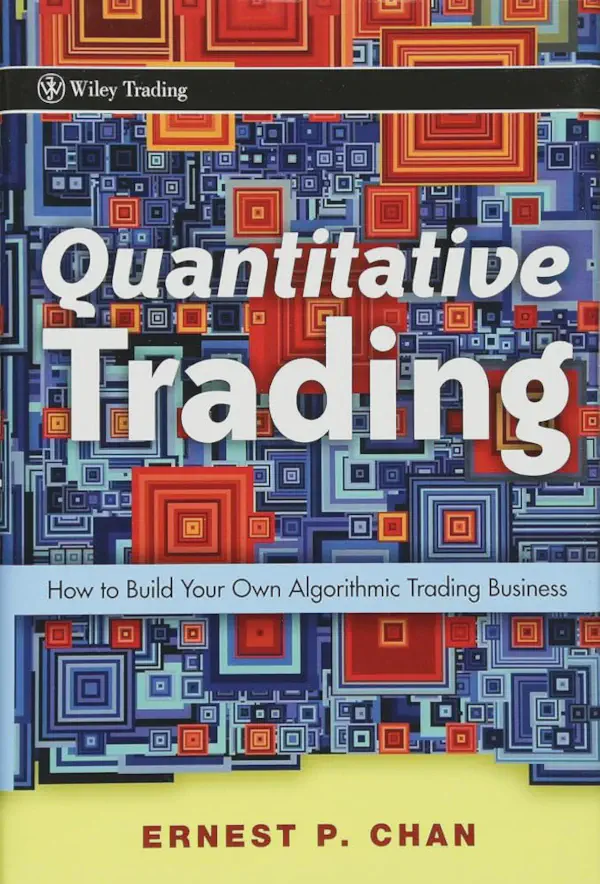
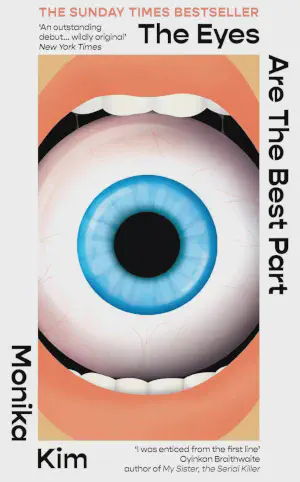
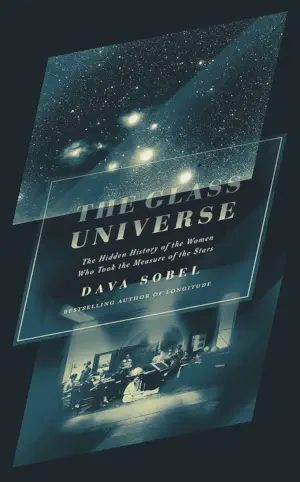
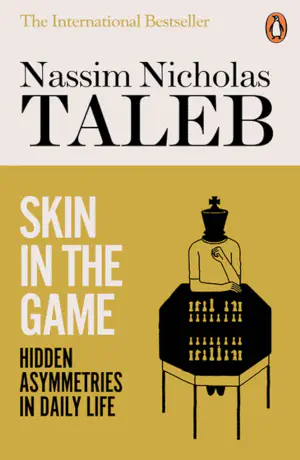
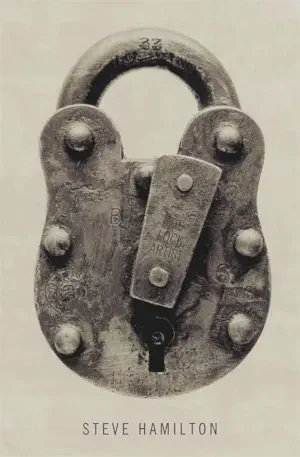
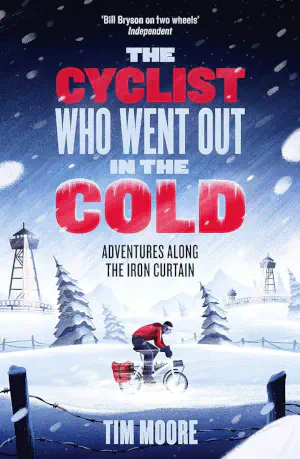
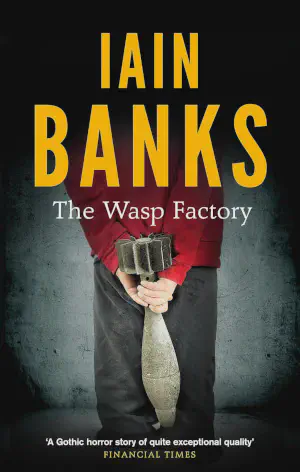

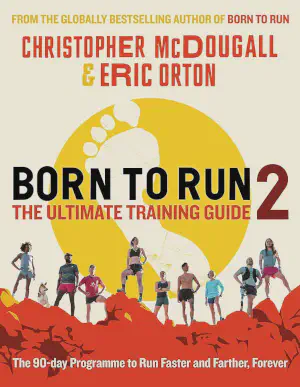
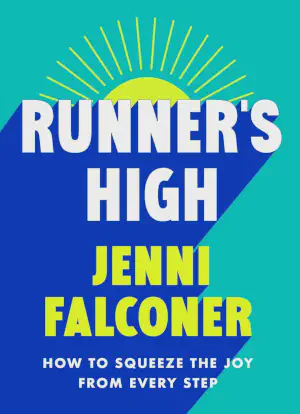
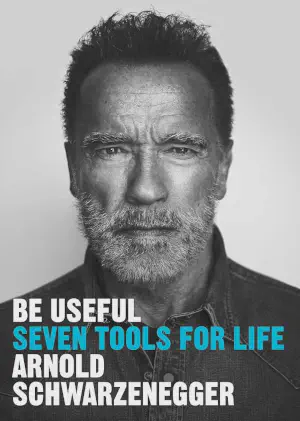
- Have a clear vision
- Never think small
- Work your ass off
- Sell, sell, sell
- Shift gears
- Shut your mouth, open your mind and
- Break your mirrors.
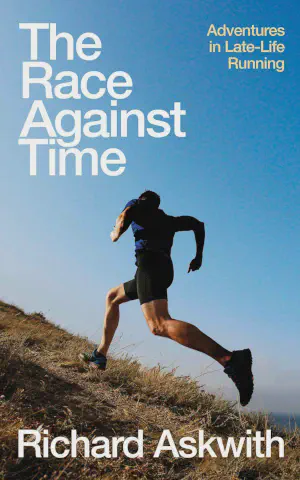
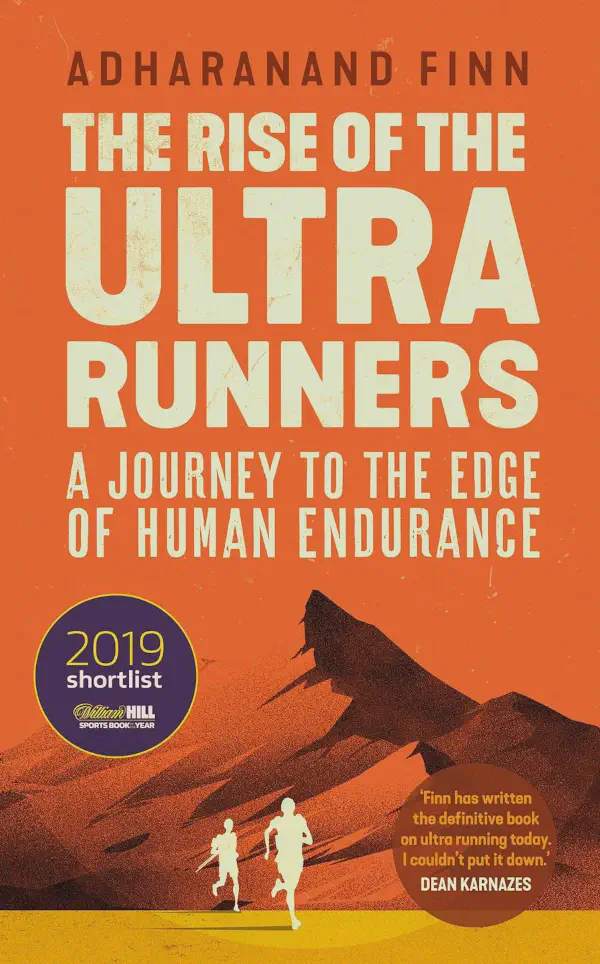
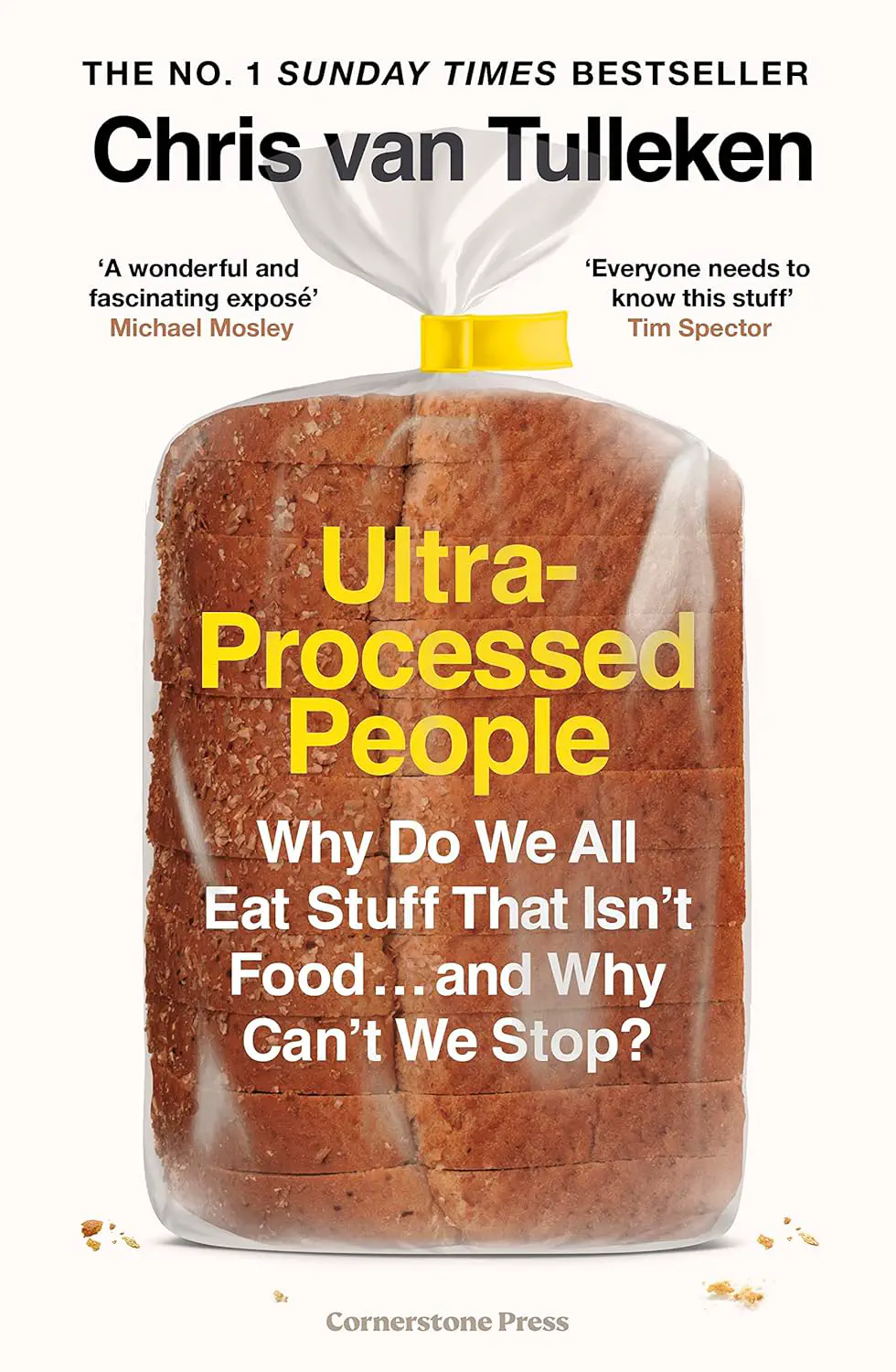
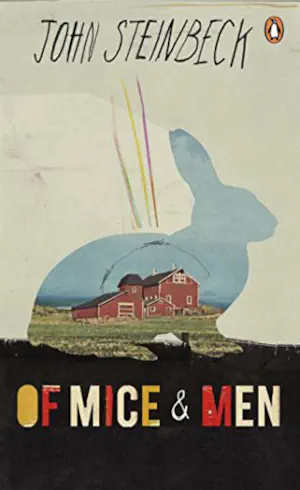
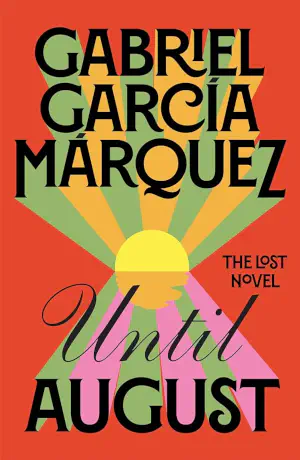
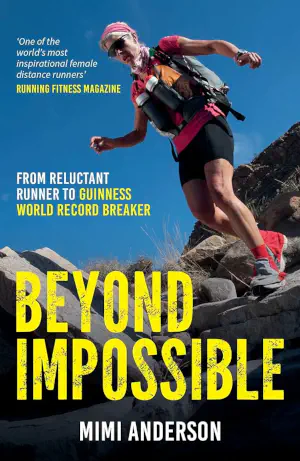
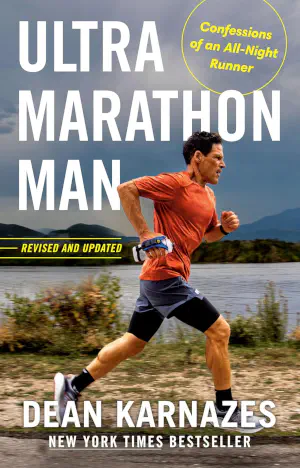
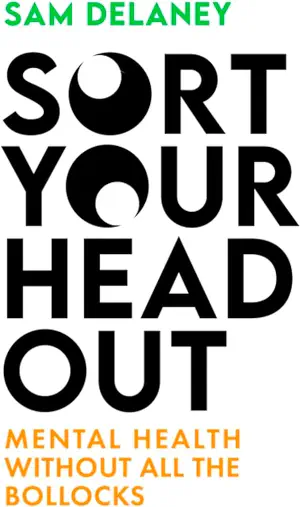
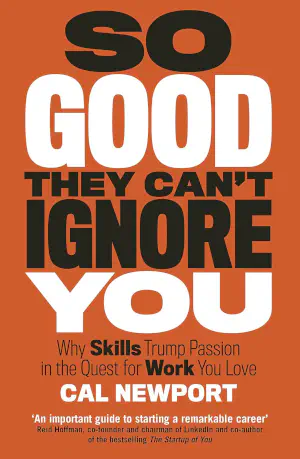
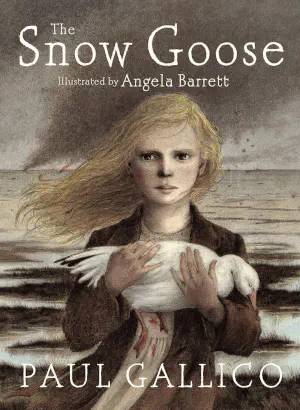
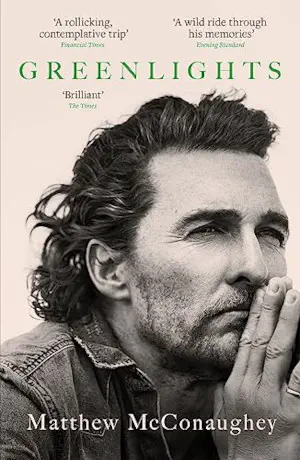
A pleasure to read.
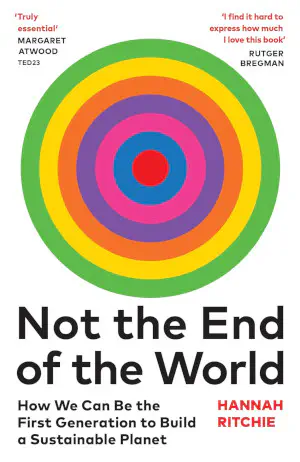
A really engaging and fact-filled book, perfectly balanced between concern and optimism. To be honest, I initially thought it was going to be a bit dull. I could not have been more wrong. I found it interesting and uplifting, and I learned a lot by reading it.
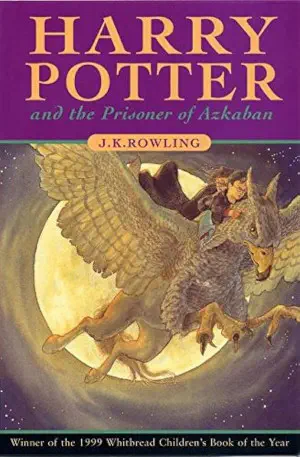
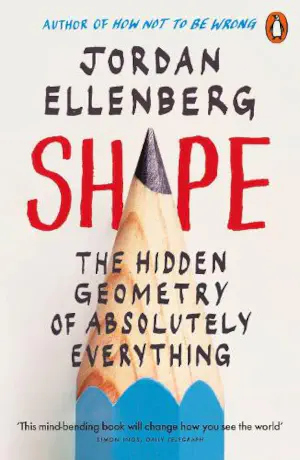
A slow but interesting read. As was the case with How Not To Be Wrong the author lost me when he got stuck into American politics. But otherwise it was fascinating.
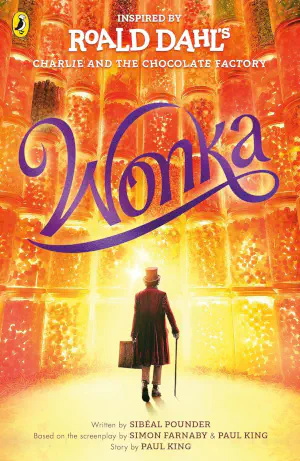
Not really my thing. Read for Elizabeth.
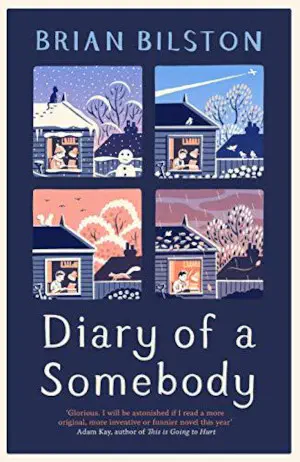
The poetry is terribly clever. References to The Smiths (and other contemporary cultural references) were appreciated too. I found this book to be genuinely funny (to the point that I chuckled aloud while reading). The plot did seem to lose momentum in the second half, but still very enjoyable.
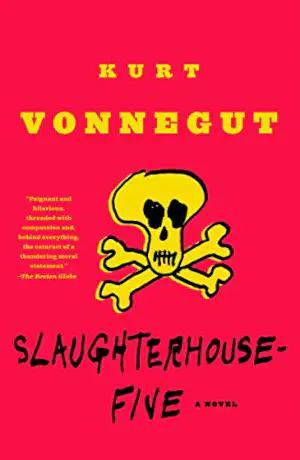
A very strange little book. An enjoyable read. But I was left wondering WTF it was all about.
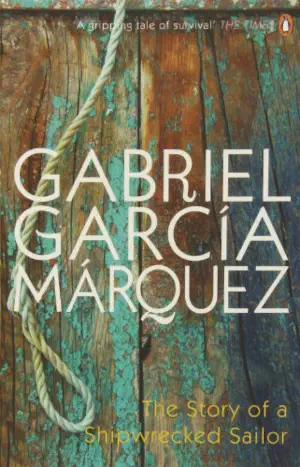
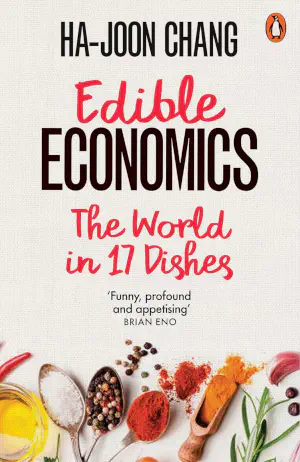
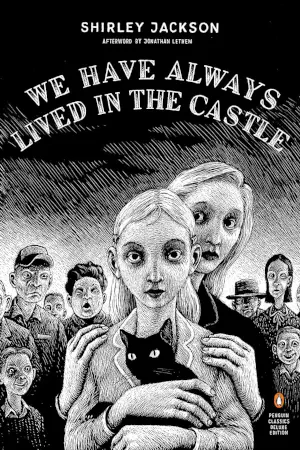
2023
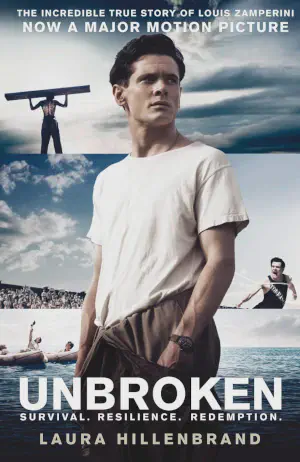
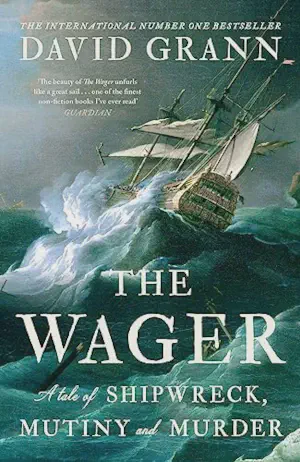
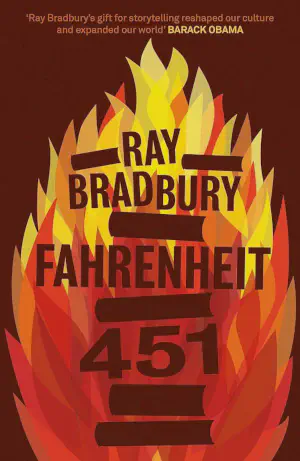
"Everyone must leave something behind when he dies, my grandfather said. A child or a book or a painting or a house or a wall built or a pair of shoes made. Or a garden planted. Something your hand touched some way so your soul has somewhere to go when you die, and when people look at that tree or that flower you planted, you're there. It doesn't matter what you do, he said, so long as you change something from the way it was before you touched it into something that's like you after you take your hands away. The difference between the man who just cuts lawns and a real gardener is in the touching, he said. The lawn-cutter might just as well not have been there at all; the gardener will be there a lifetime."
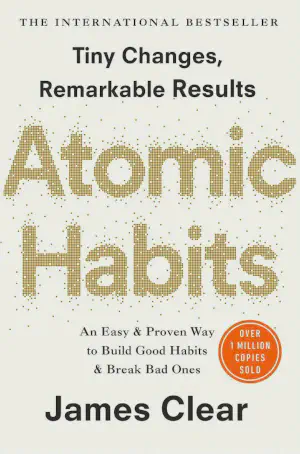
- obvious
- attractive
- easy and
- satisfying.
- invisible
- unattractive
- hard and
- unsatisfying.
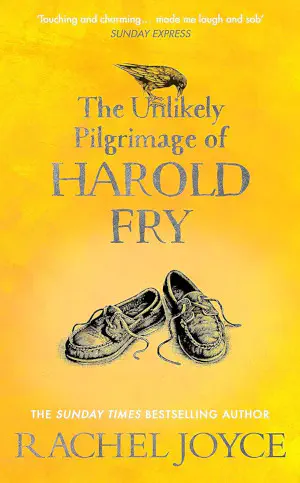
PS: Wait for me.
You have to let go of the things you think you need, like cash cards and phones and maps and things.
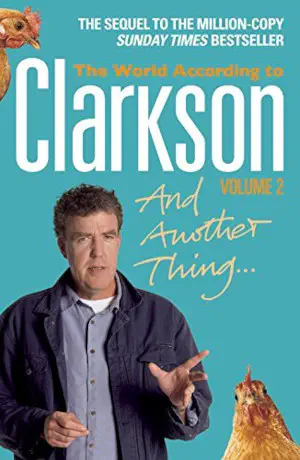
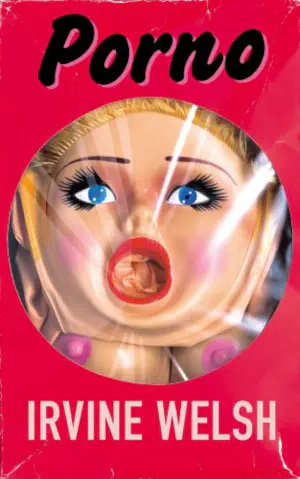
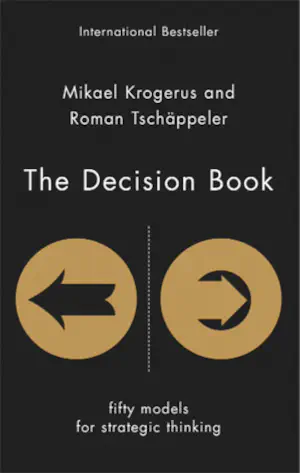
A quick (although I did take a few months to do it!) and interesting read. I found the models at the beginning to be more useful and the ones later on to be more obscure and less relevant. YMMV. Did enjoy being reminded about the Eisenhower Matrix.
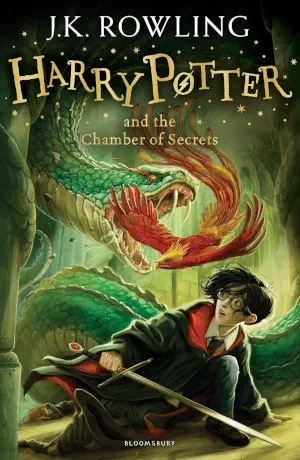
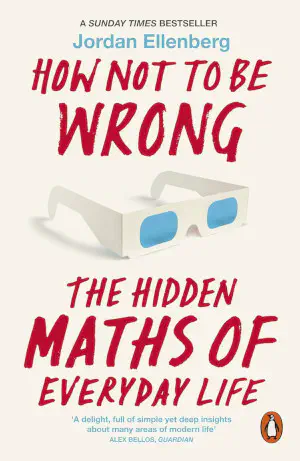
Math, like meditation, puts you in direct contact with the universe, which is bigger than you, was here before you, and will be here after you.
Packed with interesting mathematical facts. I particularly enjoyed the description of regression to the mean. I had not thought of it in terms of deterministic and random influences before. Makes complete sense. I also really enjoyed the fact that slime mold and politicians are covered in detail in the same chapter. I'd like to believe that this is not coincidence.
Ever tried. Ever failed. No matter. Try again. Fail again. Fail better. Worstward Ho, Samuel Beckett
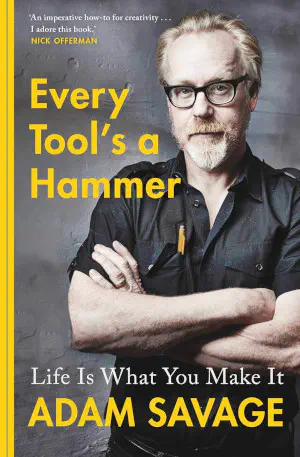
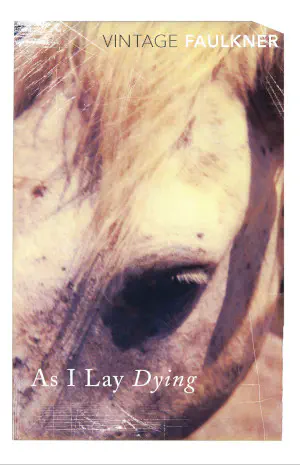
I was just not smart enough or patient enough or masochistic enough to finish this book. I tried. I really tried. But it was just to hard to read. I hate to stop reading a book (especially when I have invested a lot of time getting half-way through it), but it was bringing me no joy. No joy at all.
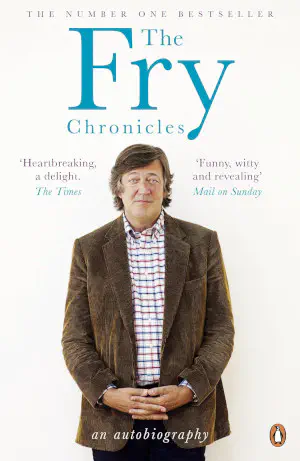
I never really got into this book. So it took me a lot longer than expected. I was looking for something funny. Certainly the writing was very clever and amusing, but never actually funny. An impressive life though.
"The secret, dear," she would tell me, "is to enjoy yourself. Why would we be in the theatre if we didn't love every minute of it? Casting, rehearsals, matinees, touring... it's all marvellous." And she meant it.

Ye kin only pish with the cock yiv goat.
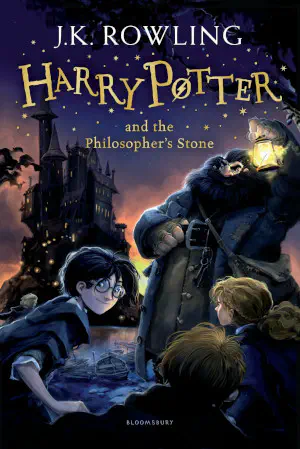
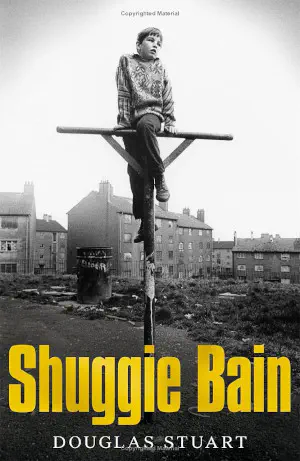
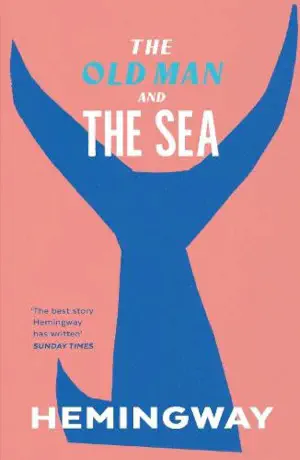
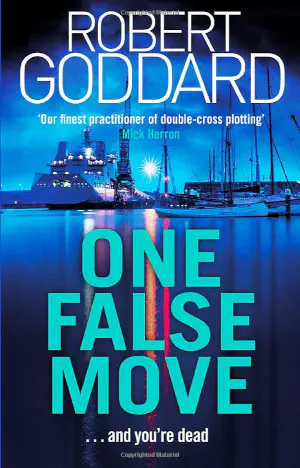
Not really my thing.
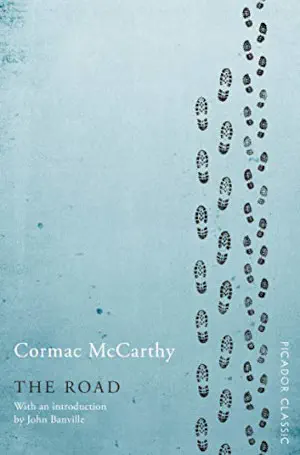
Gruelling. Intense. But brilliant.
When your dreams are of some world that never was or of some world that never will be and you are happy again then you will have given up. Do you understand? And you cant give up. I wont let you.
I didn't anticipate the way that the story would end. Nor the effect that the end would have on me.
I want to be with you.This podcast is worth listening to for a deeper understanding of the book. I was not aware of the link between the boy and Christ.You cant.
Please.
You cant. You have to carry the fire.
I dont know how to.
Yes you do.
Is it real? The fire?
Yes it is.
Where is it? I dont know where it is.
Yes you do. It’s inside you. It was always there. I can see it.
Just take me with you. Please.
I cant.
Please, Papa.
I cant. I cant hold my son dead in my arms. I thought I could but I cant.
You said you wouldnt ever leave me.
I know. I’m sorry. You have my whole heart. You always did. You’re the best guy. You always were. If I’m not here you can still talk to me. You can talk to me and I’ll talk to you. You’ll see.
Will I hear you?
Yes. You will. You have to make it like talk that you imagine. And you’ll hear me. You have to practice. Just dont give up. Okay?
Okay.
Okay.
I’m really scared Papa.
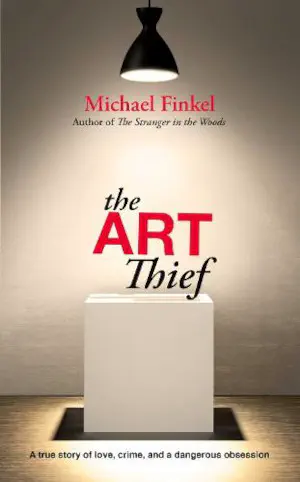
Yellow is the hue least harmonious to a banana.

A leisurely read.
I wondered about the protagonist's brother's name, Chapter 11. Really should have looked that up sooner. It references the United States Bankruptcy Code, which is appropriate because he bankrupts his father's hotdog empire.
But this stage didn’t last long. My grandfather's mind, locked in its graveyard spiral, accelerated as it hurtled toward its destruction, and three days later he started cooing like a baby and the next he started soiling himself. At that point, when there was almost nothing left of him, God allowed Lefty Stephanides to remain another three months, until the winter of 1970. In the end he became as fragmentary as the poems of Sappho he never succeeded in restoring, and finally one morning he looked up into the face of the woman who'd been the greatest love of his life and failed to recognize her. And then there was another kind of blow inside his head; blood pooled in his brain for the last time, washing even the last fragments of his self away.
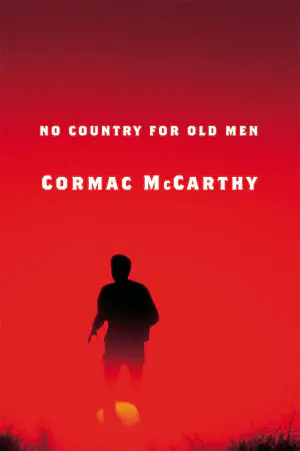
Flew through this in a weekend. Had watched the film, but quite some time ago. Enjoyed the author's style (minimal punctuation) but did find it somewhat confusing from time to time.
It was cold and there was snow on the ground and he rode past me and kept on goin. Never said nothin. He just rode on past and he had this blanket wrapped around him and he had his head down and when he rode past I seen he was carryin fire in a horn the way people used to do and I could see the horn from the light inside of it. About the color of the moon. And in the dream I knew that he was goin on ahead and that he was fixin to make afire somewhere out there in all that dark and all that cold and I knew that whenever I got there he would be there.
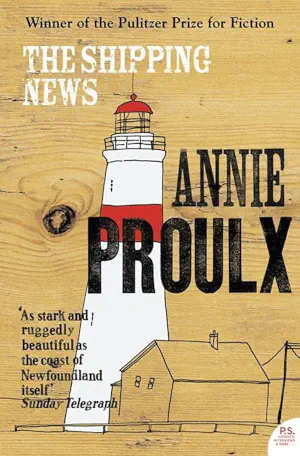
After reading the short stories in "Bad Dirt" I was really looking forward to reading this. I was not disappointed. I identified with Quoyle. The descriptions of life in Newfoundland were vivid. You could almost taste the salt of the sea and feel the cold.
You all know we are only passing by. We only walk over these stones a few times, our boats float a little while and then they have to sink.
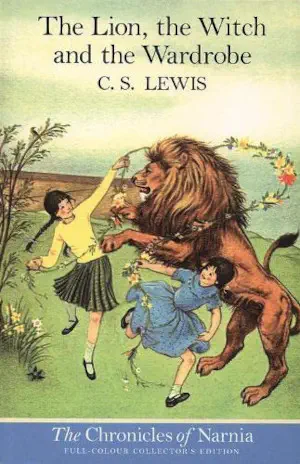
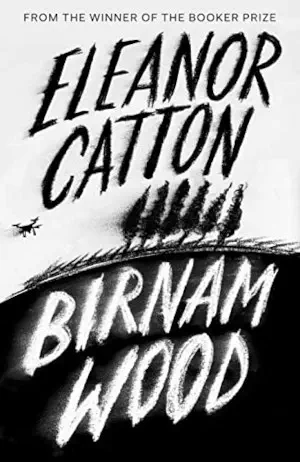
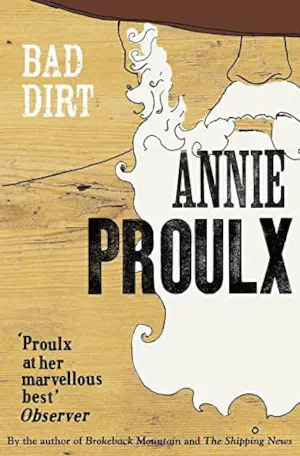
I've watched The Shipping News and I've heard of Brokeback Mountain, but was not aware that both stories came from the same author. Normally I'm not into short stories, but this collection of 11 tales, all located in Wyoming and many referencing a common set of characters, were really very entertaining.
He was given to mossy jokes such as one about the Egyptologist who discovered a bit of wire in an excavation and declared the Egyptians had invented telegraphy, only to be aced by a rival who said that since no such piece of wire had been found in Assyrian site excavations, the Assyrians must have enjoyed wireless telegraphy.
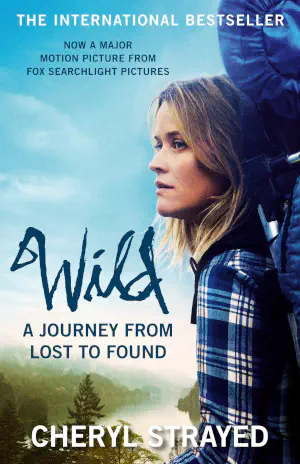
Such an inspiring book. I have started thinking about doing some long distance hiking too. Enjoyed the author's vivid descriptive style and the way that she smoothly interleaved the present with the past.
I walked and walked, my mind shifting into a primal gear that was void of anything but forward motion, and I walked until walking became unbearable, until I believed I couldn't walk even one more step.And then I ran.
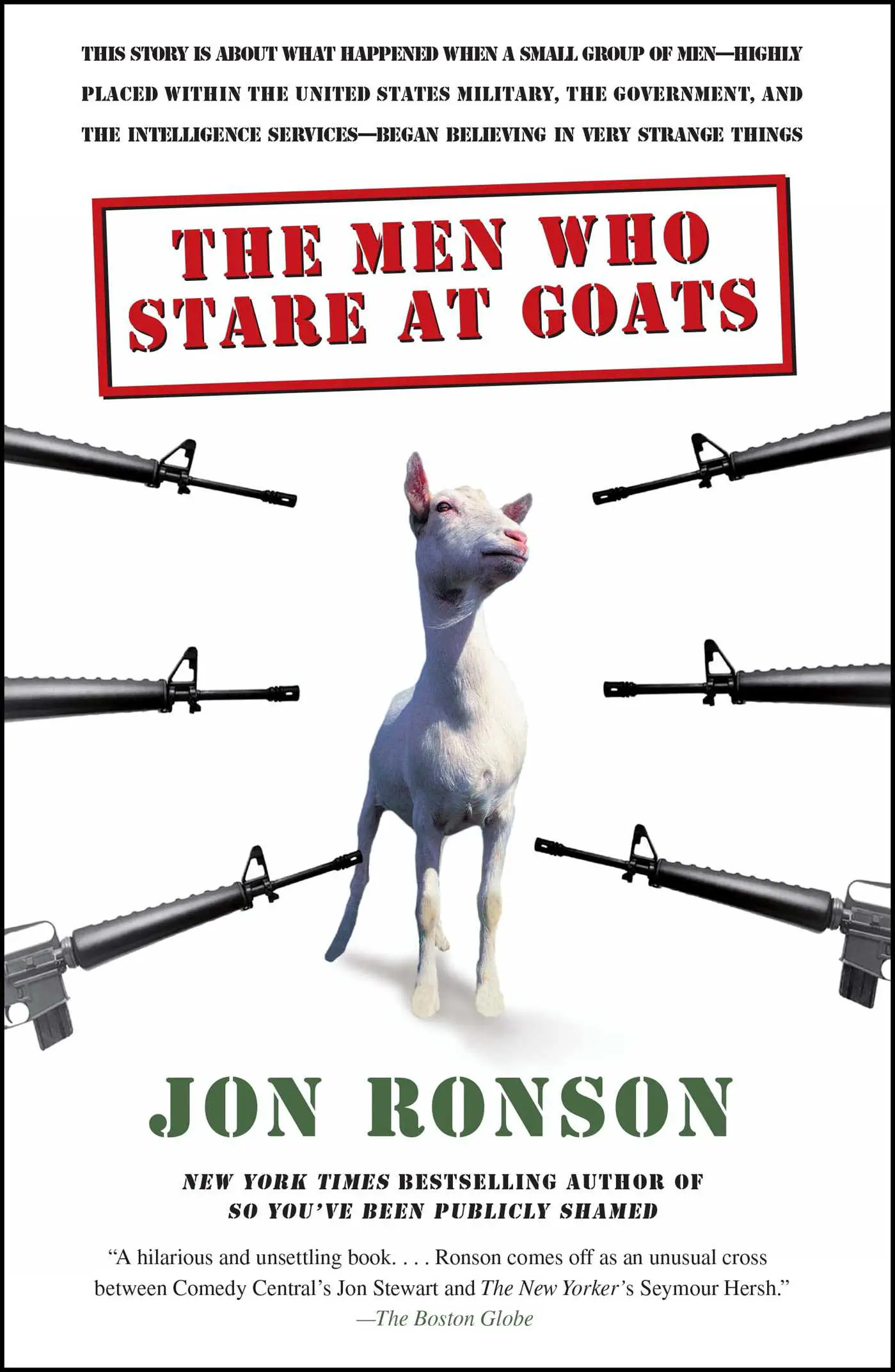
This is supposed to be non-fiction, but I found a lot of the content to be so incredible that I was doubtful whether it really was fact not fiction. Regardless though, it was an enjoyable read. I had the large print version, which actually made reading a pleasure: no glasses required!
The Americans have always been better than the Iraqis at the leaflets. Early on in the first Gulf War, Iraqi PsyOps dropped a batch of their own leaflets on US troops, designed to be psychologically devastating. They read "Your wives are back at home having sex with Bart Simpson and Burt Reynolds."
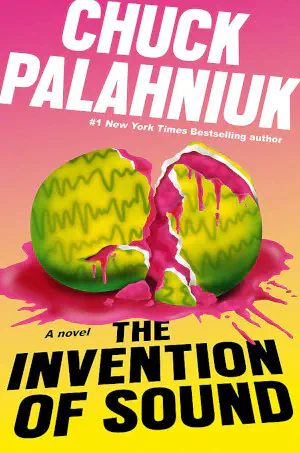
I didn't intend to read another Chuck Palahniuk right away. This one is no less trippy than "Fight Club" but I honestly found it more enjoyable.
We are each our own best effort. And we're satisfied until we see a photograph or hear a recording of our voice. All the worse is the torture of video, to witness the squawking, gawky monster we’ve created. The you that you’ve chosen from all possible yous to create. The one life you've been given, and you've dedicated it to perfecting this staggering yammering artificial Frankenstein's monster stitched together from the traits of other people. Anything original, anything innately you, it’s long ago been discarded.
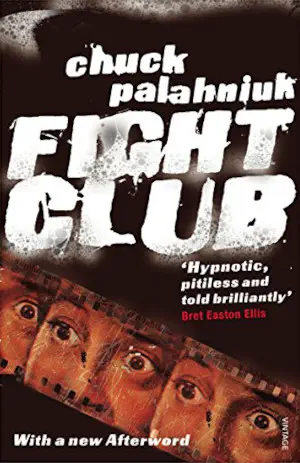
I watched the movie some years ago and clearly enjoyed it. However, despite remembering the basic premise of the story, either the book and movie diverge or I do not recollect most of the details.

Enjoyed the pace, language and style. And obviously had to Google the pronounciation of "Palahniuk" so that I can talk about this with confidence.
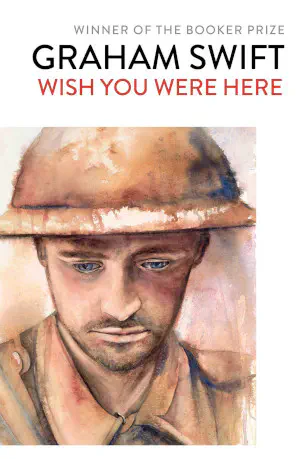
I spent the first half of this book happily intrigued, trying to figure out just what was going on. Swift artfully leaves out details which keep you guessing. Descriptions are vivid and the protagonist, Jack, is well developed.
I got a curious thrill reading that Jack passed through Newbury on the way to the repatriation ceremony.
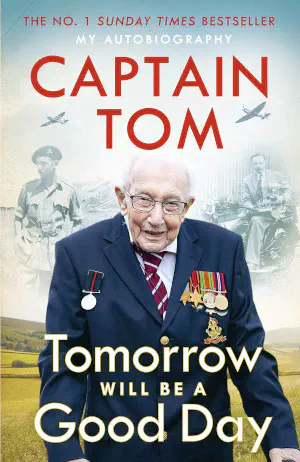
A story of a life well lived. Captain Tom Moore is a national treasure and his autobiography is well worth a read. I devoured this over a sunnry Easter weekend. Interesting, humourous and candid description of his youth, service in the British Army during WW2 and civilian life thereafter.
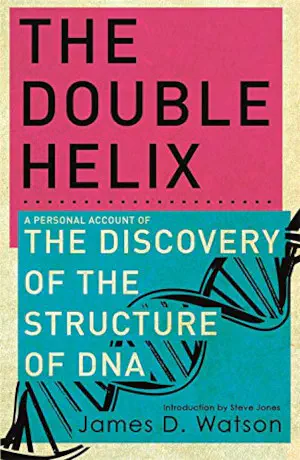
This was a quick and delightful read. A lot of the chemistry went over my head, but it was fascinating to learn more about the various characters involved and how rapidly (and sometimes slowly) progress was made towards understanding DNA.
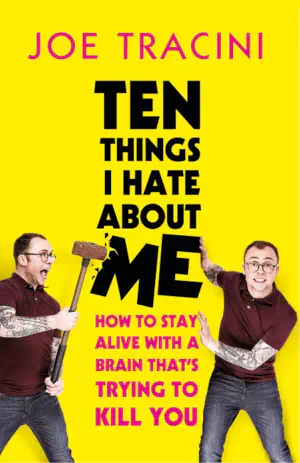
Took a few chapters for me to get into this. Probably because it's just so different to "Vroom with a View". Amusing and interesting. I didn't know anything about Borderline Personality Disorder.
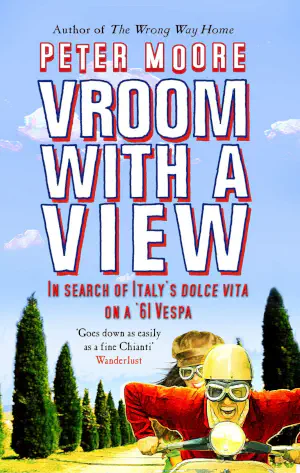
Flew through this book. Light and easy reading. I can imagine myself having a similar adventure. Well, if I was young and carefree. Maybe I'll save it for retirement.
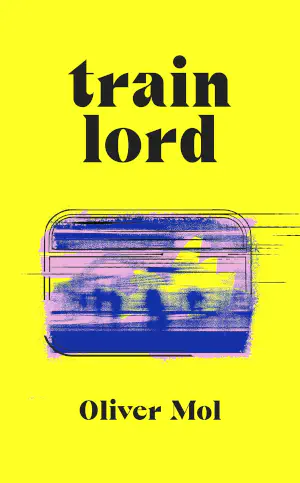
I'd summarise this book as "surviving a migraine". I really had no appreciation for the severity of a migraine and this book certainly helped me appreciate how debilitating they can be.
this man who is hooked up to a ventilator, trying, but failing, to say goodbye.
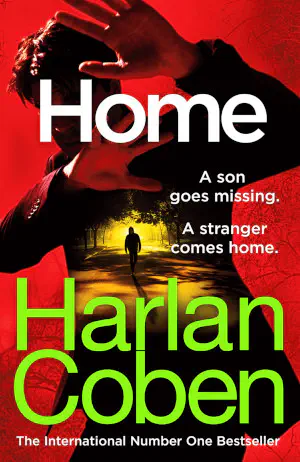
I really got stuck into the first part of this book, which i found really engaging. But it seemed to lose steam towards the end. I was stuck on a plane though, and it was diverting enough.
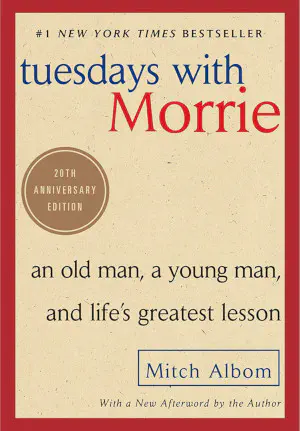
I came upon this book at a good time.
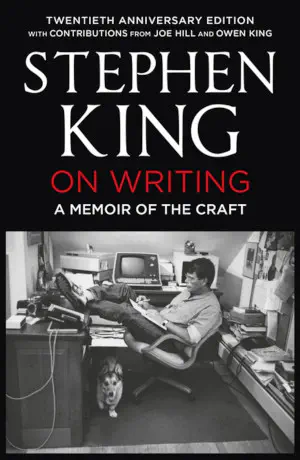
If you enjoy Stephen King books and you're interested in knowing more about the author's process, then you will enjoy this book. It has inspired me to write better and maybe (just maybe!) consider writing something myself.
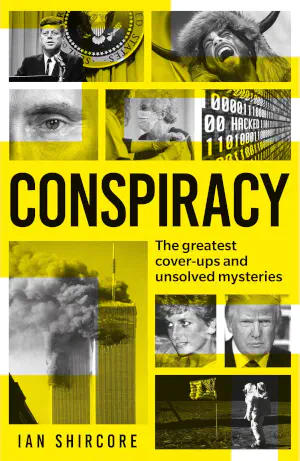
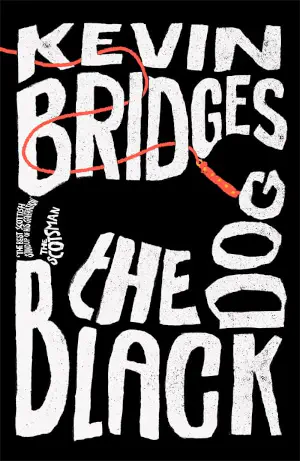
2022
My 2022 reading list. I’ve been sucked into Netflix over the last couple of years. Time to get back into the books.
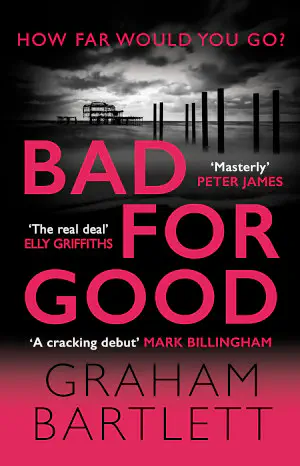
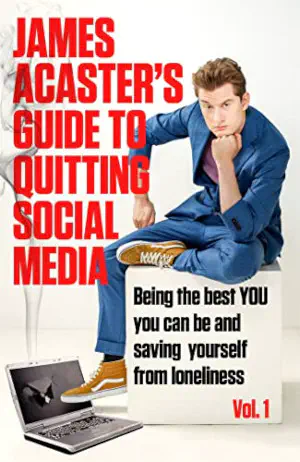
I enjoyed this book. Initially. It was pretty funny. But then it degenerated and became merely amusing. It seemed to lose direction.
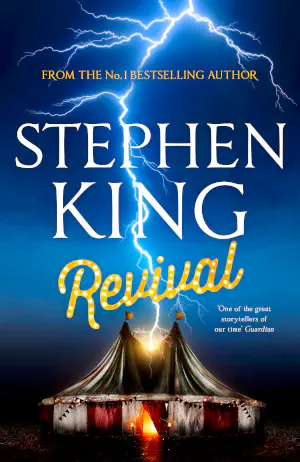
The last time I finished a Stephen King book must have been at least 30 years ago. I enjoyed Revival, but it wasn't as gripping as I remember books like Cujo, Christine or Carrie to have been.
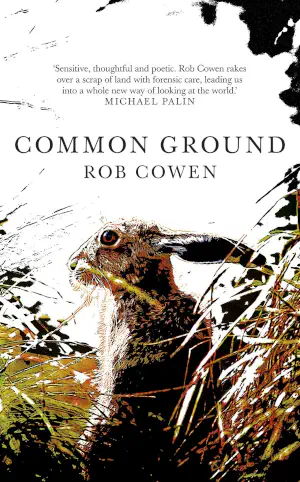
It took me far too long to finish this wonderful book. I was grabbing just a few pages per day. Today, battling with insomnia, instead of getting up to work, I settled down to finish it. I was not disappointed.
As a relative newcomer to England, and living for the first time in a semi-rural environment, there was so much in this book which resonated with my feelings and experiences.

I can't claim to have strictly "finished" this book. But I did consume large portions of it. It was an entertaining and informative resource.
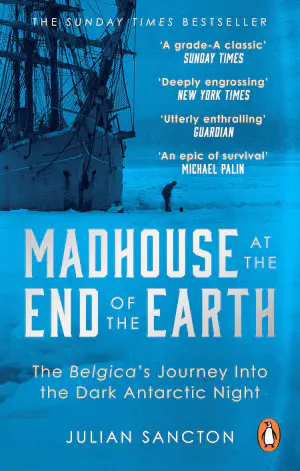
I was completely unaware of this expedition. The book provides fascinating back story for a few of the key players in polar adventure, notably Roald Amundsen and Frederick Cook. Although I don't feel that the adventure was on the same epic scale as that of Shackleton, it still makes for an engrossing read.
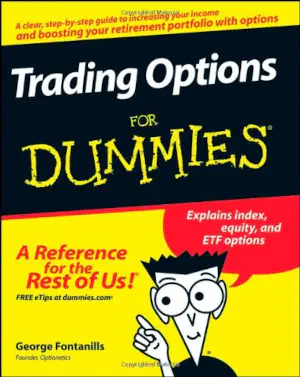
I read this book as background information for a consulting project. It was interesting to learn how these instruments work. I had not appreciated the potential complexity behind options trading. The book covers a lot of ground and I don't think it would be possible to assimilate even a fraction of that in a single reading.
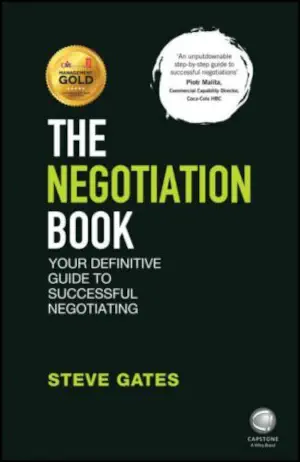
This is a topic that I'm interested in. But I didn't finish the book. It just feels like an advert for the author's company, The Gap Partnership.
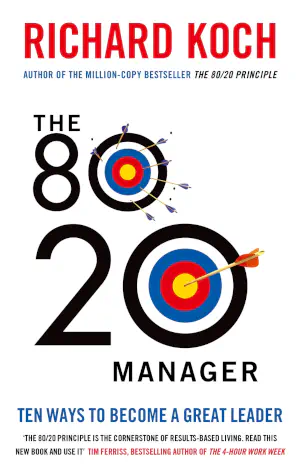
I was skeptical about this book at first, but after I got into it I found that it had a lot of useful advice.
The body of the book is broken down into ten approaches to becoming an 80/20 manager:
- The Investigating Manager
- The Superconnecting Manager
- The Mentoring Manager
- The Leveraged Manager
- The Liberating Manager
- The Manager Seeking Meaning
- The Time-Rich Manager
- The Simplifying Manager
- The Lazy Manager
- The Strategic Manager
I found interesting ideas in each of these sections. However, no single approach would work for me. I'll cherry-pick a selection of concepts and applying them in my own 80/20 Frakenstein's Monster Manager.
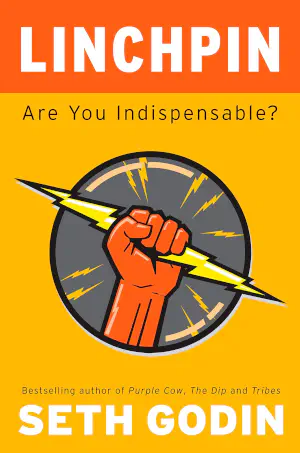
This book is packed with inspiring and motivational nuggets. Here are some examples:
Those are the only two choices. Win by being more ordinary, more standard, and cheaper. Or win by being faster, more remarkable, and more human.
Bullet trains in Japan run fast and on schedule without a centralized switchboard. It turns out that pushing decision making down the chart is faster and more efficient.
So now, having learned from machines, organizations are applying the same logic to people. Letting people in the organization use their best judgment turns out to be faster and cheaper—but only if you hire the right people and reward them for having the right attitude. Which is the attitude of a linchpin.
First, understand that your competition has been building a faceless machine exactly like yours. And when customers have the choice between faceless options, they pick the cheapest, fastest, more direct option. If you want customers to flock to you, it's tempting to race to the bottom of the price chart. There's not a lot of room for profit there, though. You can't out-Amazon Amazon, can you?
In a world that relentlessly races to the bottom, you lose if you also race to the bottom. The only way to win is to race to the top.
When your organization becomes more human, more remarkable, faster on its feet, and more likely to connect directly with customers, it becomes indispensable. The very thing that made your employee a linchpin makes YOU a linchpin. An organization of indispensable people doing important work is remarkable, profitable, and indispensable in and of itself.
The author identifies the most motivating aspects of a job:
- Challenge and responsibility
- Flexibility
- A stable work enyironment
- Money
- Professional development
- Peer recognition
- Stimulating colleagues and bosses
- Exciting job content
- Organizational culture
- Location and community
And I agree with most of those.
I enjoyed this book, but it took a while to finish. I suspect that this is because it's written as a series of short, independent sections, each of which makes sense in isolation. This means that it's a great book to pick up, read for a bit, and then put down again. However, I never really got engrossed.
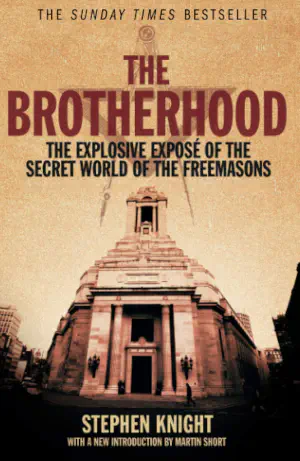
Perhaps what constitutes an "explosive exposé" has changed since the 1980s? I found this a compelling reading, but not as shocking or revealing as I had anticipated. The book delves into the influence of the Freemasons on various aspects of society (police, politics, religion and law), focusing principally on Britain. There are details. Lots of details. The volume of research that must have gone into it is impressive.
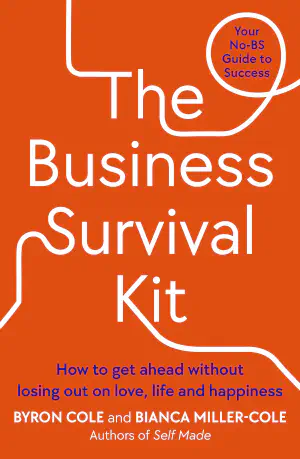
Cardone also advises that, within your marketplace, you need to have the goal of becoming omnipresent. So ask yourself this: if people haven't heard of you, why not? And if they have heard of you, what are they hearing? Apply your energy to building a strong, credible and accurate presence.
This is a very readable book.
However, I did not find much in it that I could actually apply in my life or business. The advice was too high level for me, where I am actually looking for something more granular.
When the authors started talking about the "Law of Attraction" they completely lost me: in my opinion that's just New Age nonsense. But, of course, it might well work for others.
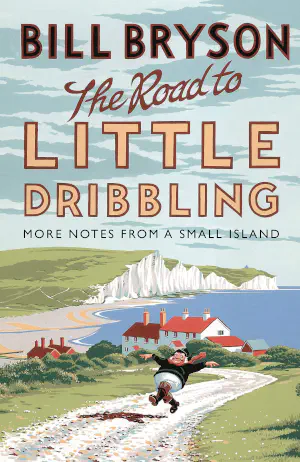
But then that's the thing about London. It does a lot of things supremely well and gets hardly any credit for it. So let me say right here, I think London is the best city in the whole world. I know it doesn't have New York's electricity and edgy dynamism or Sydney's harbour and sandy beaches or Paris's boulevards, but it has more of almost everything else that makes a city great — greenery, for one thing. Nobody realizes it, but London is one of the least crowded cities on earth. New York has 93 people per hectare, Paris 83, but London just 43. If London were as densely populated as Paris, it would have a population of 35 million. Instead what it has is parks — 142 of them — and more than six hundred squares. Almost 40 per cent of London is green space. You, can have all the noise and bustle of a metropolis, then turn a corner and hear birdsong. Perfect.
I spotted a space in a layby and darted into it with an abrupt and daring manoeuvre that prompted six or eight other cars to honk their horns and flash their lights in a spontaneous gesture of admiration.
After Notes From A Small Island I didn't think that Bill Bryson would have more to say about Britain. I was wrong. Lots of ideas for new places to visit (and avoid).

People sometimes ask me why I wild camp. What's the point? Where has it taken you? And I tell them that it takes me anywhere I want to go, because having all I need on my back, being totally self-sufficient, means that my journey is limitless.
This is the first book that I've read from Phoebe Smith. I enjoyed it and was inspired. As a newcomer to Britain this has given me lots of ideas about what's possible (and sometimes even legal). It's given me a few ideas for challenges of my own, like • Lighthouses on mainland Britain (a few of these were ticked off by the author) and • White Horses of Britain (the hill figures, not the pubs!).
2021

